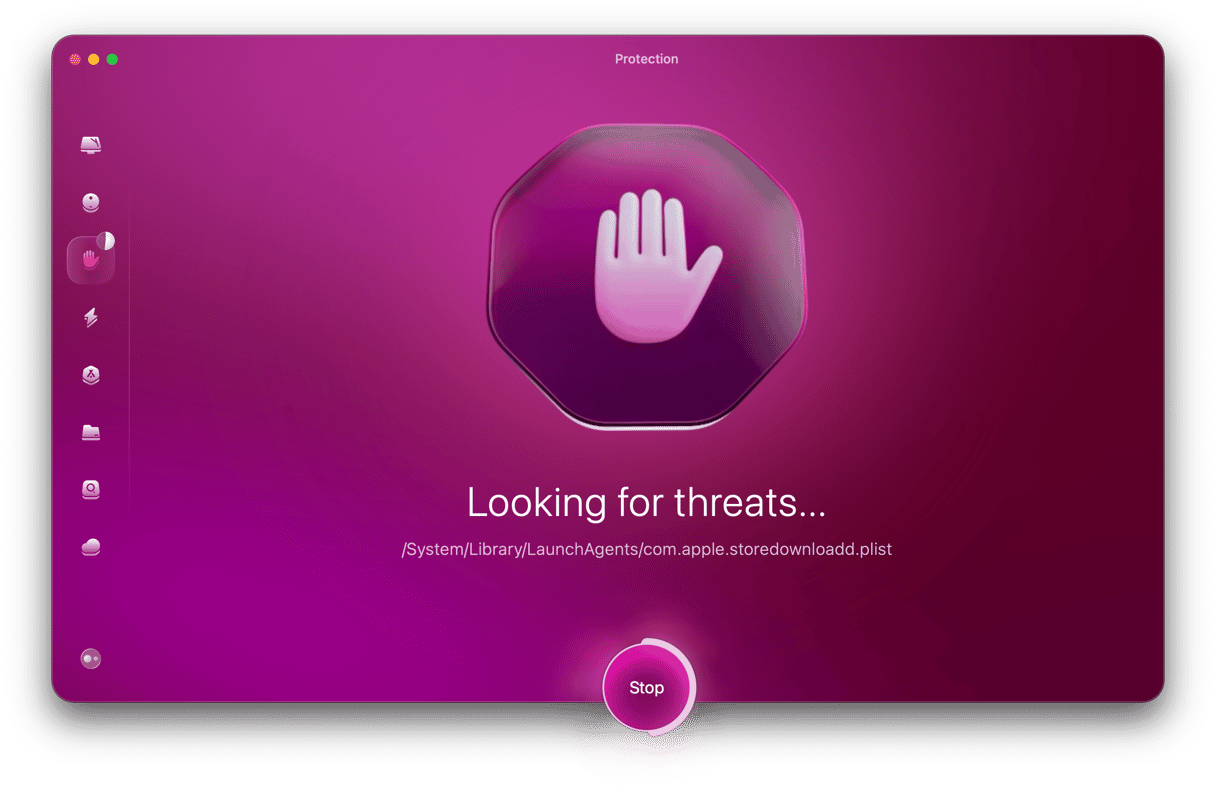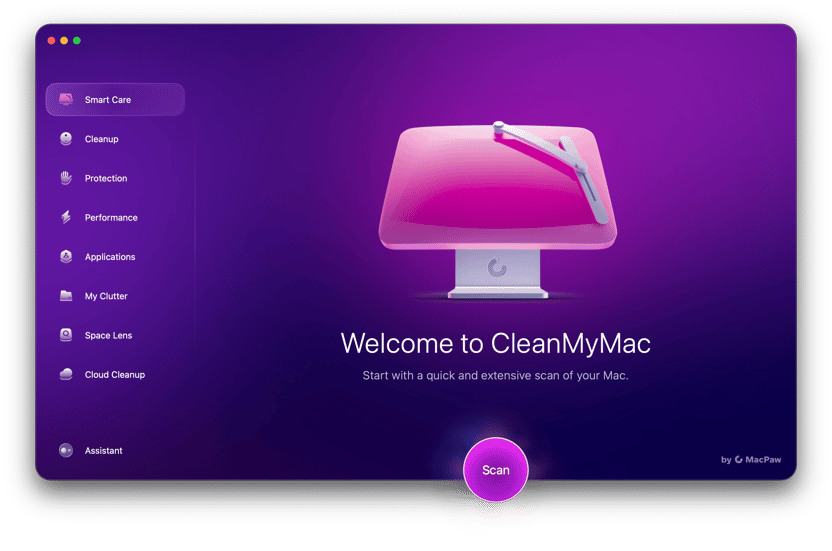VPNs are meant to give your identity a protective shield that would help you cover your tracks online. But it’s not a hundred percent guarantee. A lot of people prefer this method of hiding their identity, but is it a reliable way to do that? Using some VPNs, you can expose your sensitive information to more danger than you would without using a VPN at all. So is VPN safe? In this post, we break down these questions and uncover some non-obvious facts about the virtual private network (VPN).
How does VPN work?
Many people think of a VPN as a more secure way of browsing the web. Indeed, VPN services make your real IP address invisible. But they don’t protect you from security threats of the particular website or online service you visit. Let’s take a closer look at what VPN exactly does.
Your Internet Service Provider assigns you a unique Internet Protocol (IP). Google and other platforms and services, use the IP address to locate you and target you with specified content based on your location.
If you don’t use any VPN service, your internet service provider forwards your traffic directly to certain websites when you visit them.
VPN acts as a mediator in your connection with the provider’s servers. It routes your personal information through an encrypted tunnel, so your internet service provider can’t track it. The question is: how safe is VPN?
A virtual private network indeed hides your private data from your internet service provider and encrypts it. But it doesn’t guard your machine against the consequences of visiting unreliable websites.
Entering sites, which are still on HTTP, not HTTPS (that -S means that your connection is secure) and submitting personal details there, you pose your sensitive information to risks, either you use VPN or not. Trojans, adware, and bots can attack your MacBook anyway. It’d be thoughtful to use an antimalware tool to protect yourself from adverse consequences of catching a virus. CleanMyMac is a great example of its kind. With the Malware Removal feature, you can perform a deep scan and eliminate viruses and worms as well as their traces.

Is free VPN safe?
Not only VPN isn’t a protection from keyloggers and malware, it can pose a threat to your data as well. Serving as a third party between you and the internet, VPN can intercept and track your data, such as your real IP address, and information about the content you browse. Then, the service can sell this data to vendors or use it for malicious purposes.
Usually, these are free VPNs that do those mentioned above, as they need money to invest in their product and pay the bills. User data handover is a way for them to earn something.
Apart from tracking your data, such VPNs seldom can boast stable connection, which can result in slow web page download speed. After all the things mentioned, you probably want to avoid using a free VPN at all. Alternatively, you can switch to some paid VPN options, which guarantee you a secure tunnel to route your data.

How to choose a safe VPN?
If you want to start using a VPN, it’s advisable to choose between paid options. Each product needs continuous investments. As free VPNs don’t receive it from their users, they often cooperate with different services that are interested in gathering user data. So, it’s better to stay away from free VPNs and consider some paid alternatives.
Paid VPNs are likely to provide faster connection speed and ensure the privacy of your online identity. But, even paid services can let you down. So, deciding in favor of a particular VPN, consider the following points.
- Data leaks history
Data leaks often happen in the tech industry. You can’t really tell whether it can occur or no. Still, as a developer, you can only ensure the highest security level to prevent even the slightest possibility of data leakage. Making your choice between VPN clients, find out more about any leaks that might take place in the past. Read user reviews and try to stay on top of tech news to know about any breaches that may affect your data safety.
- Logging policy
A reliable VPN provider won’t ever be accused of spying. If you find out that the VPN you consider using was once accused of tracking user traffic, it is a red flag. Reading the company’s terms of service is a must before you invest in it. Look for any lines that may confirm they are logging or tracking users’ online activities. If you find those, it’s better to avoid using this VPN.
- Accessible customer support
Buying subscription-based software online, whether it’s a VPN or anything else, you should expect to have easy access to customer support service. If someone provides you service, they should always find ways to help and support you whenever any issue arises. Opt for VPN companies that offer live chat support or other reliable communication methods.
Another thing to consider when you think about purchasing VPN is your purpose of using it. For example, if you want to unlock some restricted content on Netflix, make sure the option you choose works with this content provider. It would help if you also considered connection speed to watch movies and favorite series without having to wait for loading.
If you know that you need to use a VPN on multiple devices simultaneously, check whether it’s possible with the client you decide on.

Is public Wi-Fi safe with VPN?
Many users see the VPN as a way to protect their personal details while using public Wi-Fi networks. As VPN conceals your real IP address and directs your data through an encrypted tunnel, there should be no security concerns, shouldn’t it?
It’s for sure safer to use an open network with a VPN. Not only will it make your data inaccessible for someone who tries to intercept it, but it will also allow you to browse restricted websites.
Now you know that except for hiding your data, VPN is safe. But, only if you use a reliable client. That's why we've created ClearVPN — the first effortless VPN for a personalized and secure online experience. Whether you want to unblock content, secure your connection over public Wi-Fi, bypass geo-blocking and more — ClearVPN is the only VPN you need.






